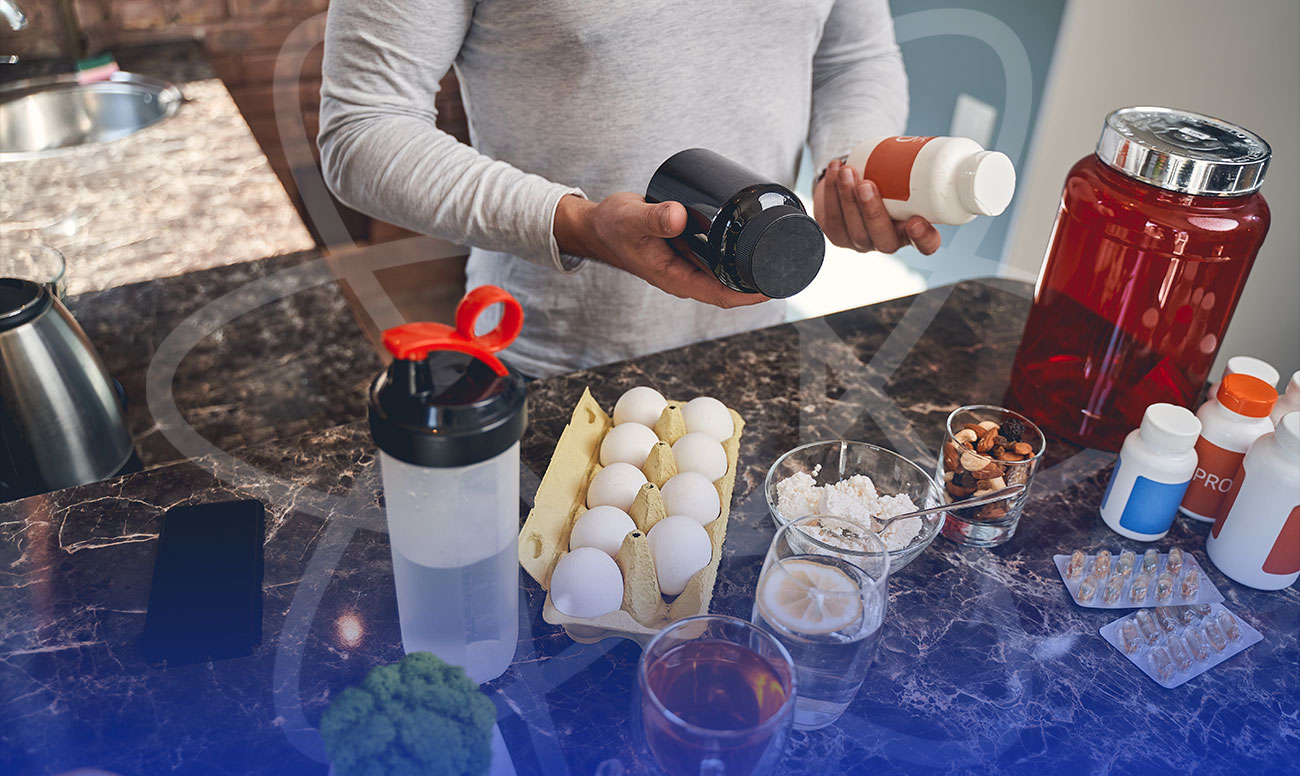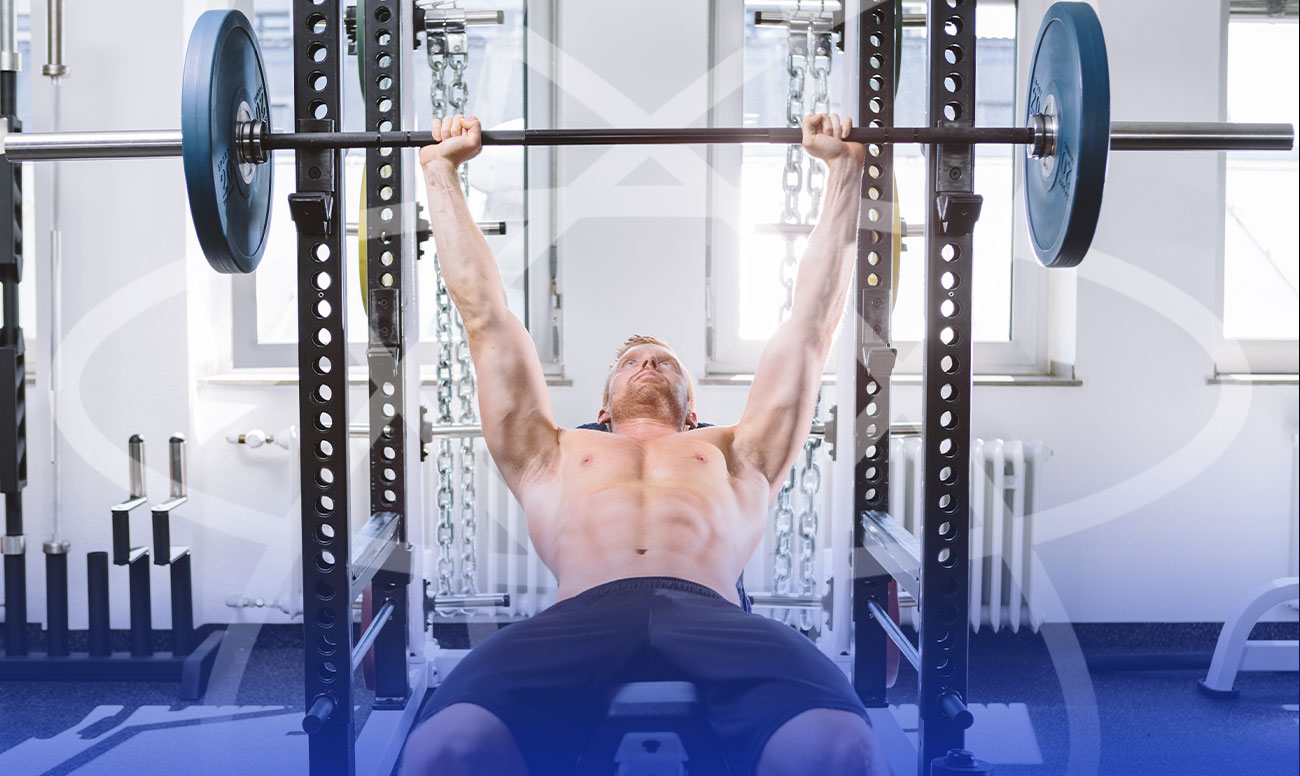
10 dietary commandments for high-performance athletes
Nutrition is something that affects everyone. We all need fuel and nutrients. However, everyone eats for completely different reasons. In nutrition for the athlete, both in competition and in the realm of life in general, putting thought behind what goes into your mouth can do wonders for health and especially performance. The thinking behind choosing the right foods or meal combinations seems to be the most crippling thing for most athletes.
The 10 commandments of nutrition
- Always choose the LEAST processed
Specifically carbohydrates, which make up the largest proportion of meals. Generally the less processed the food is and the closer the food you are eating is to its natural state, the better it is for you. If the product has at least three grams of fiber or more per serving, it is a good choice.
- Eat a variety of fruits and vegetables
The vitamins and minerals our bodies need come naturally from the foods we eat, specifically fruits and vegetables. The athlete needs the nutrients in these foods to enhance recovery; they also serve as intermediates in energy production and a better immune system.
- Protein quality
Protein is a key part of the diet for the athlete and active person, specifically the type and quantity. Fish, turkey and chicken are among the best sources. You need to be more selective with dairy products, red meat and pork.
For people who are active in both strength and endurance training, they need more protein; however, there is always the ongoing debate about how much protein people need. Research suggests 1.2 to 1.7g/kg.
- Quantity and quality of fat
Diets too low in fat can be detrimental to active people; however, diets too high in fat will lead to increased fat accumulation. It is recommended that 20 – 30% of total calories come from fat.
- Eat systematically
Keeping the body fueled will prevent extreme hunger, which will make healthy meal selection easier, maintain energy levels (blood glucose), keep the body fueled, and prevent mood swings and binge eating. Combining the three main nutrients (carbs, protein, fat) every three hours (hence the three times three) will keep you on track.
- Don’t skip breakfast
Eating breakfast every day is key and I find that it’s a habit missing in most athletes. Among other reasons, it will give the body the fuel it needs, revive the metabolism and motivate people to consume the number of calories they should be eating during the day.
- Staying hydrated
Dehydration = Decreased performance. When we think of hydration we need to think of it throughout the day and not just during training. We recommend drinking 10-30 ml per 1/2 kg of body mass/day. Fluids should basically be water and other non-caloric or low-caloric beverages, followed by 100% fruit juices.

- Eat something after every workout
Many are still prompted by the hesitation to consume calories right after burning them. In order to optimize the benefits of a training session and kick-start recovery for maximum gains, it is important to consume a post-workout recovery meal that combines both carbohydrates and protein within 45 minutes after training.
By the athlete consuming this snack, meal, shake or bar that has an effect on their protein and carbohydrate requirements as quickly as possible after training, glycogen supply, lean body mass gains, performance in a subsequent training period, and the immune system will be optimized.
- Supplement wisely
There are so many supplements on the market that it becomes difficult to decipher which ones are necessary. Supplements that go beyond that scope can be considered. When choosing any supplement, make sure it has a Good Manufacturing Practices (GMP) symbol, is free of banned substances, and the labeling is accurate.
- Prioritize homemade foods
Eating out is tricky, as most portions are too large and have much more fat and calories than similar homemade dishes. At the end of the day, if you really want to maximize your body composition, focus on macro-nutrients (calories), micronutrients (minerals and vitamins) and eat as healthy as you can.
Each point represents a very important part when it comes to recharging the body for performance and health. When it comes to nutrition, there is no one right answer, no magic pill, no one supplement, no one trick that fits all. If a strategy becomes a habit, we can be well on our way to success.






